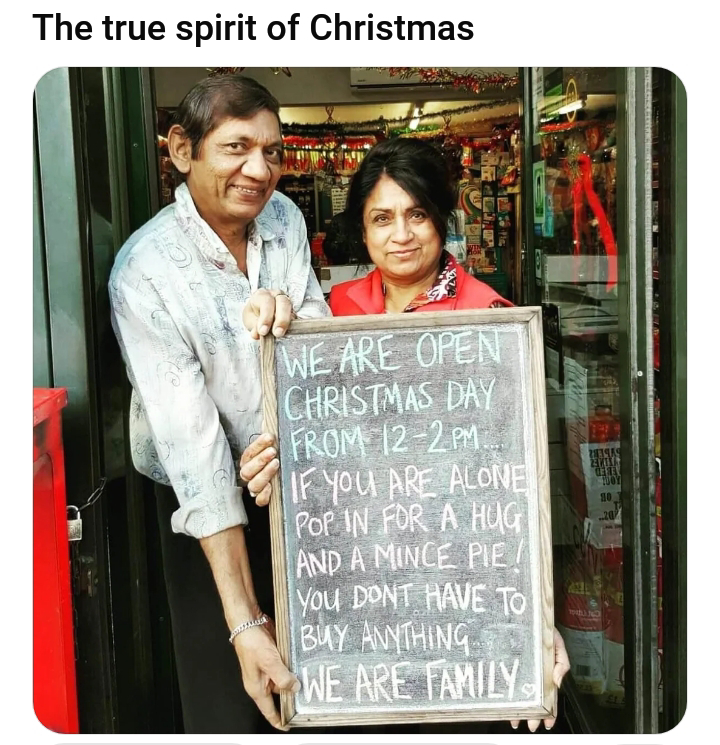British Heritage Tour of South India
Tuesday, 3 February 2026
The Parisian Coffee Culture
Tuesday, 27 January 2026
Newspaper Day
Saturday, 17 January 2026
Amy Carmichael
Wednesday, 31 December 2025
Boxing Day in British India
Friday, 6 June 2025
The Distant Ripple of Normandy at Kochi
D-Day Remembrance | June 6
On this
day, long ago, the winds and the birds that blew and flew over Normandy
felt and heard not just the sounds of war, but also the heavy hope of a world
yearning for peace.
Though
thousands of miles away from those bloodied beaches, the impact of D-Day
was deeply felt even in small colonial towns like Kochi, nestled along
the Malabar Coast.
On the
shores of Normandy, France, over 156,000 Allied soldiers—from the
United States, United Kingdom, Canada, Australia, New Zealand, and Free
French forces—landed under relentless fire. Many were barely out of their
teens. They began that day not knowing if they'd live to see its end.
They did
not fight for conquest. They fought through terror, steel, and fire to end the
long night that fascism had cast over the world.
In 1944,
Kochi was part of British India, tied closely to the fate of the Allied
war effort. Families here waited anxiously for news—of sons, brothers,
cousins—serving on faraway fronts. War updates crackled through All India
Radio, arrived late on newspapers from Bombay, Madras, and Calcutta,
and sometimes came in the form of fragile letters from the front that took
weeks to arrive.
The Port
of Kochi, strategically vital during the war, stood on high alert. Ships
came and went. Supplies were loaded. British officers paced its piers. And the
people of Kochi—shopkeepers, fishermen, schoolteachers—lived their days under
the long shadow of a war that had reached their shores without ever dropping a
bomb.
Today, we
do not glorify war. We remember the cost of freedom.
Their
bravery didn’t just shape the course of World War II—it gave us back the
world we know today.
They died
with names we may never know, but they live on in every quiet morning, every
free election, every child laughing in peace.
Because of their courage, the war did not last another year.
Because of their sacrifice, millions more were spared.
Many
young men from Kochi and across India served on multiple war
fronts around the world. And back home, their families lived in silent worry,
trying to hold together work, faith, and home, clinging to news—any news—that
spoke of life.
Let us
not reduce their memory to a paragraph in a textbook or a minute’s silence once
a year.
Let us
live our lives in a way that honours the gift they gave—
a world where peace is possible,
and justice can prevail.
🕯️
We remember them.
🕯️ We thank them.
🕯️ We vow never to forget.
On this
day, we also honour the quiet resilience of communities like Kochi
that bore the weight of a war fought on many fronts.
The
sacrifices made on those distant beaches of Normandy shaped the future even
here—
fuelling conversations about freedom and independence that would soon
change India forever.
Monday, 30 December 2024
The True Spirit of Christmas
Wednesday, 25 December 2024
The jingle bell story
The Parisian Coffee Culture
The Changing Coffee Culture of Paris Paris has long been associated with cafés, yet the modern coffee shop culture—similar to what we see to...

-
A surprise opportunity to visit IITTM, Nellore again came my way last week. After finishing the engagement there, I took an evening bus ...
-
D-Day Remembrance | June 6 On this day, long ago, the winds and the birds that blew and flew over Normandy felt and heard not just the ...
-
Long ago, in the crisp winter of 1857, a man named James Lord Pierpont penned a tune that would echo through the ages. At the ti...







